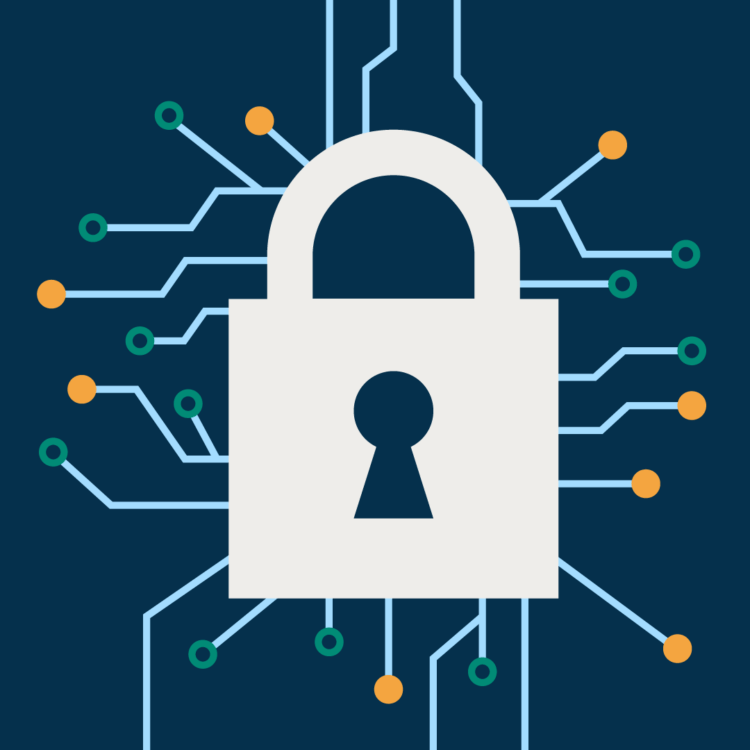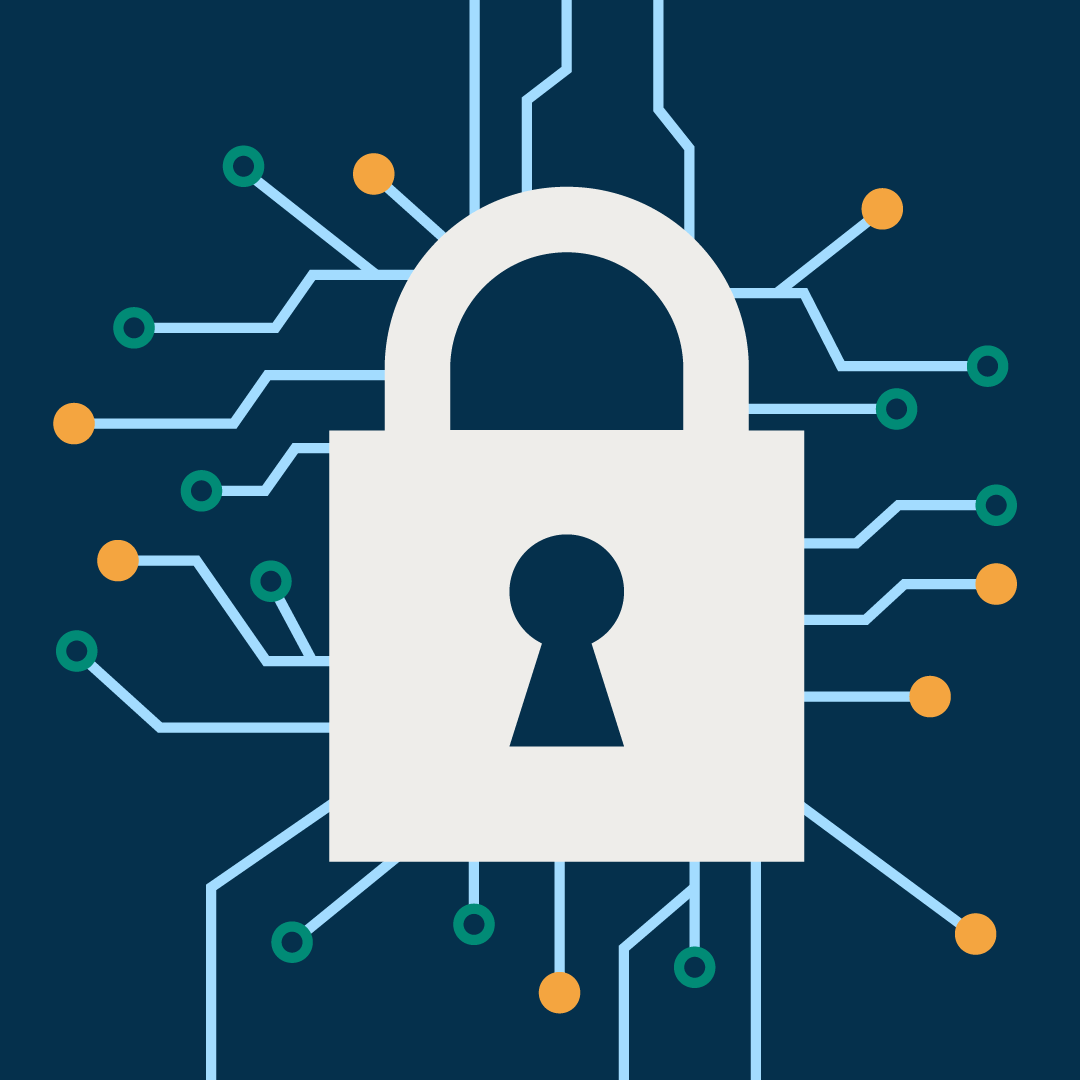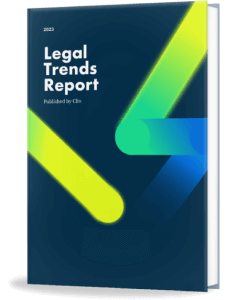Law firms increasingly rely on emerging technologies to keep them efficient and deliver superior client services. Artificial intelligence (AI) is one of those technologies.
But the integration of AI in legal practices also raises important concerns related to security and privacy.
Here, we will delve into the critical considerations law firms must address to ensure the responsible and secure implementation of AI while safeguarding sensitive data and maintaining client confidentiality.
To protect themselves, law firms need to be aware of the risks posed by AI-influenced cyber-attacks and take steps to mitigate those risks.
And be sure to join our upcoming webinar on how to use AI (responsibly) at your law firm.
What is AI: A quick reminder
Artificial intelligence (AI) is the simulation of human intelligence by machines to perform tasks typically done by people. AI has been around since the 1950s and has evolved over decades of technological advancements.
In the legal industry, today’s AI can help automate routine tasks and streamline workflows in the legal industry, leading to increased efficiency and cost savings. When less time is spent on manual tasks and generating ideas from scratch, lawyers can dedicate more time to clients.
Benefits and challenges of AI in law firms
AI can help law firms in numerous ways, such as automating repetitive tasks, accelerating document review, and providing data-driven insights for informed decision-making.
But AI also has challenges—for example, biased data, accuracy, and privacy issues.
And as AI expands, bad actors could use it for negative applications, such as cyber attacks.
AI-influenced cyber attacks
Cybercriminals are increasingly using AI to generate more frequent, effective, and widespread AI-influenced cyber attacks.
For instance, users can identify patterns in computer systems that reveal weaknesses in security programs with AI. This use allows scammers to exploit said weaknesses and uncover personal information.
Scammers can then leverage AI tools, like ChatGPT, to create large numbers of phishing emails to spread malware or collect valuable information.
Those phishing emails also now carry a sheen of legitimacy. Traditionally, we can tell when an email appears to be a scam; there’s usually poor grammar, missing spelling, and an unusual request.
Now, with ChatGPT, scammers can create natural-sounding emails at scale. As the text appears authentic (or “human–made”), people reading or interacting with the emails may believe they are talking to another human.
What’s more, the malware designed by AI technology is constantly changing to avoid detection by cybersecurity tools. Changing malware signatures can help attackers evade static defenses such as firewalls and perimeter detection systems.
AI can also be used to generate deep-fakes, turbocharging fraud with voice cloning scams. Said technology can trick those on the receiving end of the call into believing they’re talking to a familiar face, like a loved one or their attorney, and defrauding people out of thousands of dollars.
To read more on similar topics, be sure to check out our cybersecurity for lawyers resource hub.
Law firms using AI
ChatGPT can assist legal professionals with research and information gathering, document generation, case analysis, and much more.
But while this tool can create great opportunities, users need to be aware that ChatGPT has the potential to generate incorrect information or other misleading content.
There are also risks, especially for lawyers who turn to chatbots for research, case strategy, or to produce first drafts of motions and other sensitive documents.
Experts say these chatbots could supercharge a host of other security threats, including phishing, social engineering, and malware.
For example, an OpenAI bug in March revealed some users’ chat histories and sensitive information including first and last names, email addresses, payment addresses, the last four digits (only) of credit card numbers, and credit card expiration dates.
Ways to protect yourself against AI-influenced cyber attacks
While AI-influenced cyber attacks sound scary and overwhelming, there are easy ways you can protect your firm, such as bolstering your traditional security measures already in place.
Education
It’s a good idea to ensure your law firm staff are up to date with your security policies. After all, most breaches occur as a result of human error.
Creating a customized policy that takes weaknesses into account will ensure everyone is aware of their cybersecurity duties. When employees are aware about AI-related security and privacy risks, as well as implementing ongoing training programs to raise awareness of emerging threats, you help develop a culture of security.
Ethics and compliance
It’s crucial for everyone at your law firm to understand privacy compliance in the context of AI adoption.
Ethically (and professionally), it’s your duty to protect client data and to disclose your error if a breach does occur.
Keep these ethical responsibilities and best practices in mind when adding legal technology to your firm’s toolkit. In many cases, legal technology can help you meet your regulatory obligations by better protecting your data, and therefore client data, via streamlined processes (with less room for manual error), enhanced security infrastructure, and encryption.
We cover this topic more in our post on Law Firm Data Security: Ethics and Risk Mitigation.
Partner with trusted providers
When considering integrating an AI solution into your practice, choosing a product specifically built for use by legal professionals is crucial. These systems prioritize security and privacy and understand the legal industry’s unique compliance regulations.
We recommend conducting due diligence to assess any solution provider’s track record, security measures, and commitment to data protection. Look for solutions that offer:
- Stringent security controls
- Long track record of success
- Adoption from industry leaders
- Customer-first data storage policies
For example, Clio continuously monitors for potential vulnerabilities and reviews and updates our code and systems configuration to ensure your data is always protected. Learn more about Clio’s security features here.
Final thoughts on AI, security, and privacy
AI has the potential to revolutionize the legal industry, but it must be harnessed responsibly to preserve security and privacy in law firms.
With a proactive approach and by implementing robust security measures, law firms can embrace AI technologies while safeguarding sensitive data and maintaining client trust.
Be sure to join our webinar to learn how to leverage lawyer AI tools responsibly to become more efficient, profitable, and client-centered.


